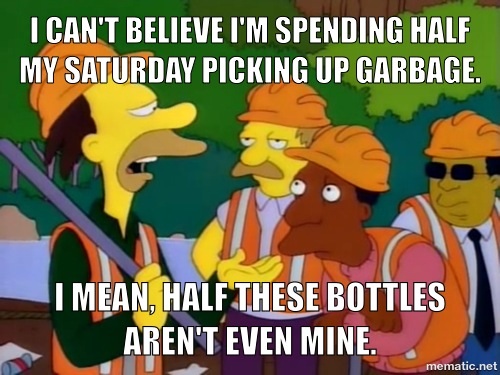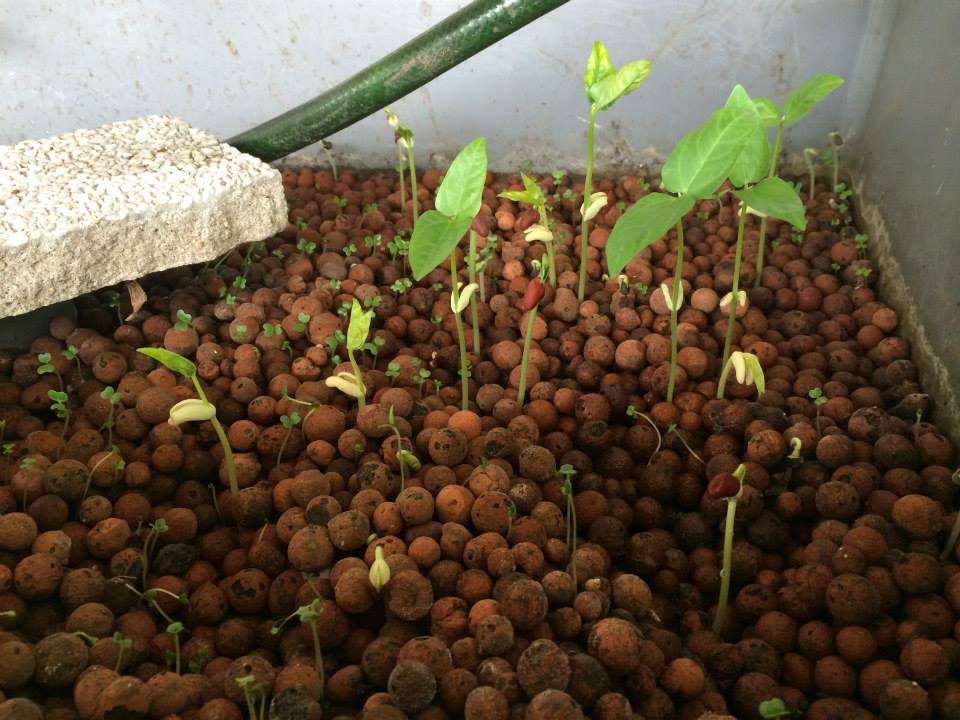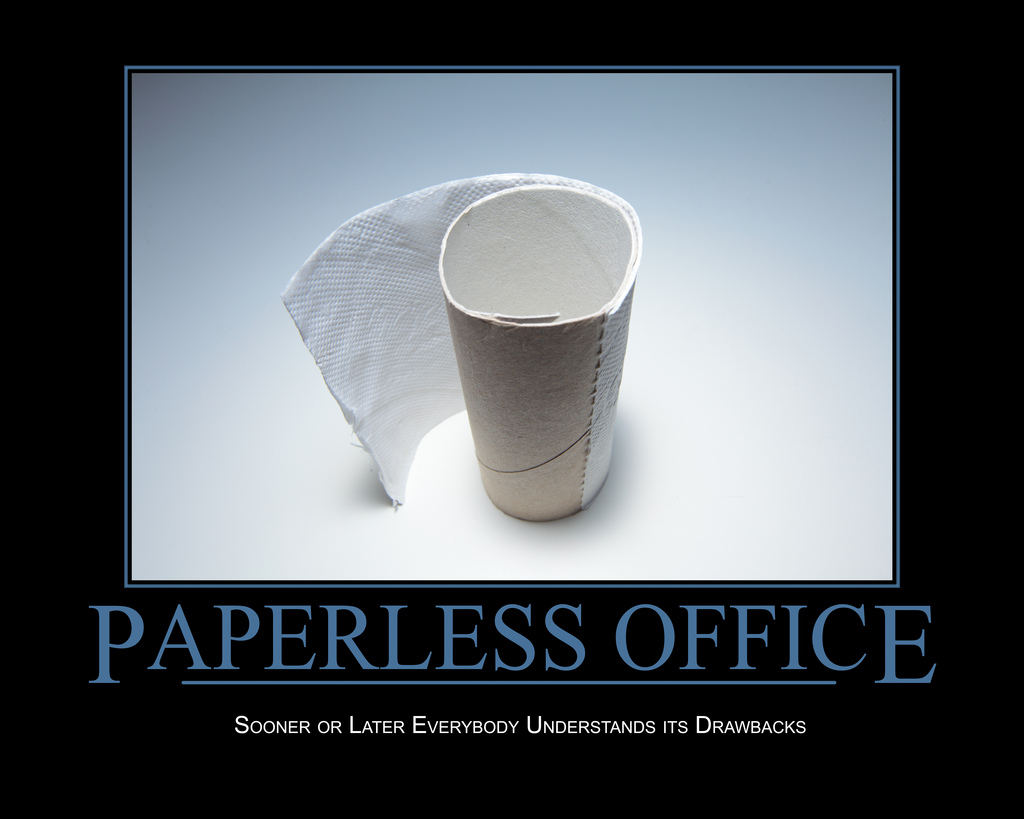Want To Save The World? Here Are 8 Ways You Could Be A Superhero In 2016
It's easier than you think.
Ever sifted through a comic book and wondered how to be a superhero?
It's a question that has definitely risen in anyone's head before a reality check hits; you don't have the super powers the comic book heroes have. Well guess what? You can still be a superhero. Here are some ways to save the world - like literally - without the need for godlike powers of Superman or crazy amount of monies like Batman or Ironman.
1. Change all the lightbulbs in your house to energy saving ones
Not only would you be saving the environment in the process, but you would also be able to save up on your electricity bills.
The Light Emitting Diode (LED) have long been synonymous as energy-efficient lighting. While incandescent light bulbs require tremendous amount of energy to power up (which leads your wallet to bleed), the LED – though pricey – only uses around 10% of the energy of a traditional bulb, leading you to save up cash in the long run.
Not only are they capable of providing 20,000 to 30,000 hours of light – which comes up to at least 10-years, the bulbs consist of no harmful toxins unlike the Compact Fluorescent Lamps (CFL) lights which contain mercury.
The U.S. Department of Energy recently estimated that widespread use of LED by 2027 can save up energy to the equivalent of 44 large electric power plants with a whopping $30 billion saved on electricity bills!
The best part, the LED bulbs don’t need to be warmed up like their CFL brethren.
2. Go vegetarian once a week
Don’t roll your eyes just yet!
According to the United Nations in 2006, animals bred for their meat released 18% of the global total for combined climate change emissions. In other words, the methane produced from a belching and farting livestock is also part of the cause for the melting of the polar ice caps.
With us humans whacking 230m tonnes of chicken, mutton, beef and some pork a year, global consumption is on the rise, leading many forests to be chopped down to make way for livestock farms – which require bigger space to fit all the animals in compared to vegetables.
Just allocating a day in a week to practise eating the vegetables you grew in the garden is enough to see the difference in your body and mind.
3. Be the one to clean up your neighbourhood
Take a good look around your neighbourhood and make a mental note of the areas that require cleaning up or perhaps even given a new paintjob. One of the major factors in the rise in dengue is due to drains clogged with rubbish.
Attending the weekly/monthly meetings organised by the neighbourhood committee is a great platform to pool resources and skills to start a community clean-up project in your neighbourhood. Using the contact list we provided above, perhaps you can even get your member of parliament to lend some support too!
4. Go local, root for local businesses
According to an estimation from the International Maritime Organization (IMO), Carbon Dioxide emissions from shipping alone is equal to 2.2% of the global human-made emissions in 2012, which includes greenhouse gas emissions, acoustic and oil pollution.
With transportation being a major pollution contributor, supporting locally owned businesses reduces the need to transport materials from far off places which often times causes many fishes to die due to the oil spilled by ships.
Locally owned businesses not only create more job opportunities for residents, majority of the goods sold are affordable too.
5. Opt for recycled bags instead of paper bags
Still on the topic of shopping, the plastic bag that was used to carry your grocery items takes 15 to 1,000 years to decompose and in the United States alone, it takes 12 million barrels of oil to produce a whopping 100 billion plastic bags.
And many of these plastic bags end up in landfills, the ocean, or in the belly of a turtle…
Owh, did I also mention that the petroleum used to create 14 plastic bags can be used as fuel to drive your car for up to 1.6km?
Using a recycled bag to carry your groceries would greatly assist in reducing your carbon footprint.
6. Join local events that are in conjunction with Earth Hour
These nine points are sufficient enough to make you feel like a superhero but if you really wish to be one, how about taking it the extra mile by joining WWF-Malaysia's Earth Hour Walk on 19 March?
The walk takes place in Petaling Jaya and Penang on the same day at 8.30pm to 9.30pm where all proceeds will go to WWF-Malaysia’s conservation efforts.
The initiative will see households, communities and businesses turning off their non-essential lights for sixty minutes as a symbol of commitment to our planet. Click here to obtain more information and to show your commitment to saving planet earth!
7. Grow your own food and ritualise recycling
Did you know that gardening – aside from being a healthy way to rejuvenate the mind and body - also helps boost your property’s value?
Planting vegetables would also save you on cash and allow you to pick fresh vegetables to be used for a healthy meal. In fact, having a community garden and sharing harvests with your neighbours is a great way to bond with one another.
For those who lack land space to conduct gardening, here is a video tutorial on how to set up your own do-it-yourself aquaponics system using recyclable items.
8. Go paperless
Don’t take it too literally but what we’re getting at is that with this day and age of the Internet and smartphones, majority of our need to function using papers has become pretty unnecessary.
From paying bills to purchasing movie tickets, many are already going paperless to reduce their carbon footprint.
For those who still prefer the traditional method, here is a calculator to estimate the impact of going paperless to the environment.







